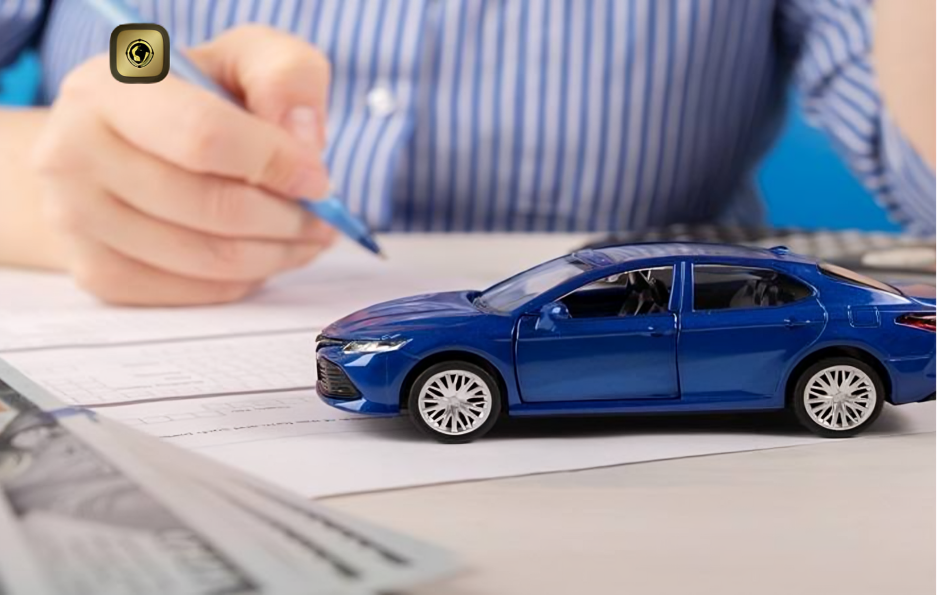March 31, 2025
Taking a test drive is an exhilarating stage when contemplating a new car purchase. It enables you to experience the vehicle firsthand, ensuring it aligns with your expectations and requirements. Nonetheless, a common question that often comes up is whether car insurance is necessary during a test drive.
In this blog, we will explore the significance of insurance while test driving and the varieties of insurance that cover vehicles used for test drives.
Do Cars Need to Have Insurance at the Time of a Test Drive?
The Motor Vehicles Act of 1988 requires that all vehicles on the road, irrespective of whether they are registered, must hold insurance coverage. Operating an uninsured vehicle can result in penalties or incarceration.
To adhere to this regulation, car dealers must acquire motor insurance for vehicles utilized for test drives. Before embarking on a trial drive, it’s advisable to verify with the dealership whether the vehicle is adequately insured.
As you may not be entirely acquainted with the car’s controls during a test drive, having insurance is essential. Certain insurance providers offer specialized plans for auto dealers, presenting short-term insurance coverage for vehicles employed for test drives until they are sold.
Which Insurance Plans Cover Test Drive Vehicles?
Test drive vehicles are usually protected by the auto dealer’s insurance policy. Similar to registered vehicles, these cars must possess mandatory third-party insurance. However, dealers also have the option to purchase a comprehensive policy for additional coverage.
Third-party insurance mainly covers damages or injuries inflicted on others by the insured vehicle but fails to provide protection for the dealer’s vehicle, employees, or the customer operating the car. In the event of an accident, the customer may be responsible for any damage to the test drive vehicle if only third-party coverage is active.
Conversely, comprehensive motor insurance delivers more extensive protection. It offers compensation for damages to the car being test-driven as well as third-party liabilities. This kind of coverage ensures that both the dealer’s vehicle and the customer are safeguarded, providing peace of mind during the test drive and alleviating financial risks for all parties involved.
What Should You Know About Insurance When Taking a Test Drive?
When you opt to take a car for a test drive, there are several factors you need to reflect on concerning insurance:
- Insurance Coverage for Test Drive Cars:
Typically, dealerships will furnish test drive insurance that encompasses both third-party liabilities and damage to the vehicle. However, it is vital to inquire with the dealer concerning the particulars of the policy. Some may offer special plans that insure the car for a limited duration, while others might provide only basic coverage. - Your Responsibility in Case of Damage:
If an incident happens during the test drive, you may feel worried about your liability for the damage. As a common rule, the car dealer is responsible for any damage incurred to their vehicles. Nevertheless, it’s wise to inquire with the dealership whether you will be liable for any damage to the test drive car. It’s preferable to be clear on these particulars ahead of time. - The Importance of Third-Party Insurance:
Regardless of whether you are test-driving a new or used car, third-party car insurance is required. If the dealership has this insurance in effect, you are safeguarded against any harm caused to other vehicles or individuals. Verify that the test drive car has valid third-party insurance before you take the wheel. - Test Driving Used Cars:
Even when test-driving a used vehicle, you must confirm that it has sufficient insurance coverage. A pre-owned car must also possess at least third-party insurance. If the car lacks insurance, you could encounter fines or even imprisonment. Always verify with the seller that the used car is properly insured before you go for a test drive. - Driver’s Licence Requirement:
To test drive a vehicle, you will need a valid driver’s licence. The dealership will request this document before permitting you to drive. However, you are not obligated to present your vehicle insurance for the test drive. The dealership generally manages the insurance for you, ensuring that you are protected for the duration of the drive. - Duration of Test Drive Coverage:
A test drive insurance policy is typically short-term, covering only the period you spend driving the vehicle. However, if you choose to take a longer test drive, it’s advisable to check with the dealer whether the insurance coverage is extended for a longer duration.
Conclusion
In conclusion, make sure the vehicle you test drive has appropriate insurance, whether third-party or comprehensive. While dealers typically manage this, it’s essential to confirm the details prior to driving. Inquire about coverage and your responsibilities in case of an incident. The correct insurance will provide reassurance, allowing you to enjoy the test drive and make a well-informed decision.
Disclaimer: The above information is for illustrative purposes only. For more details, please refer to the policy wordings and prospectus before finalizing the sales.



Leave A Comment